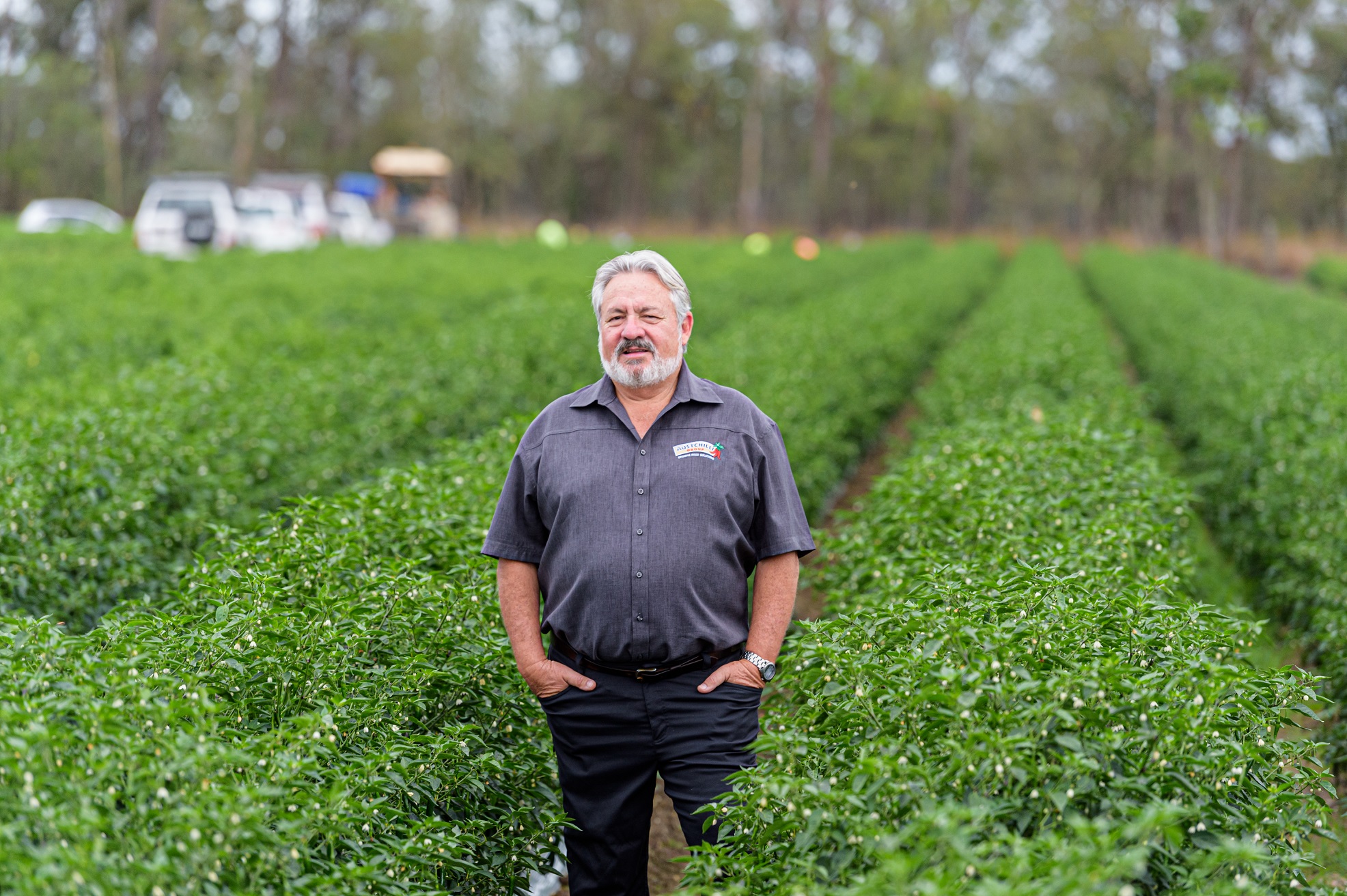Piloting digital remote monitoring to improve environmental performance
With an increasing range of real-time sensors and monitoring used in vegetable production, several real-time sensing options will be piloted in a new project to investigate whether these digital tools might be able to both support agronomic decision making as well as guide and record improved environmental stewardship. AUSVEG EnviroVeg Coordinator Danielle Park reports.
AUSVEG and the EnviroVeg Program – along with several horticulture industry partners – are participating in a new project to raise the horticulture sector’s environmental performance.
Part of EnviroVeg’s role will be investigating the use of remote monitoring to support vegetable producers automate the collection of real-time data to support management decisions, as well as allow for digital reporting of environmental performance.
The challenges of record keeping and collecting evidence to support production decisions, as well as tracking environmental performance, has been evidenced over many years through the AUSVEG-facilitated EnviroVeg Program, which is a strategic levy investment under the Hort Innovation Vegetable Fund.
Funded through the Australian Government’s Landcare Smart Farming Partnerships program, the Digital remote monitoring to improve horticulture’s environmental performance (ST19024) project is managed by Hort Innovation.
Other project collaborators include Applied Horticultural Research, Hitachi, Freshcare, Growcom, Greenlife Industry Australia, the Australian Banana Growers Council, Avocados Australia and the Australian Macadamia Society.
Current technology developments already provide a range of sensors and tools that can continuously monitor key components of farm production and performance. This could be done through identifying inefficiencies, filling in the gaps and having more efficient operations with optimised use of inputs.
Supporting improved environmental practices is a key objective of the three-year project.
Establishing a pilot farm
With a focus on protecting ecosystems in horticulture growing regions, the project is establishing pilot or demonstration smart farms in the Great Barrier Reef catchment area.
AustChilli is one of the pilot farms that will participate in the investigation and use of various digital monitoring methods. The operation’s Managing Director, David De Paoli, outlined why he chose to be part of the project and pilot the automated monitoring approach.
“If you do not change, you will be roadkill as your competitor will run over you to get the market first,” David said.
“We want to prevent run-off into the reef and potential contamination of waterways. The bonus is the higher productivity, better quality, lower cost of production and greater reliability of supply.”
When it comes to managing crops with more frequency of extreme weather events experienced globally, David said that his staff wanted to be able to tap into weather patterns and models to be able to predict and reduce its effect on production by being proactive – and not reactive.
“Automation can improve crop efficiency and reduce leachate by reducing and adjusting inputs at critical times,” he said.
Another potential benefit flagged was a future potential for automation to address gaps in the availability of experienced or appropriately skilled team members. This will take the guess work out of actions and decisions will be able to be made based on scientific information.
David said that he hoped the project would make it easier to show that AustChilli is a good steward of the environment.
The piloting of these technologies aims to test whether these methods might provide a feasible way for vegetable producers to collect and use farm data for production decisions, as well as for automated collection of evidence of their environmental performance.
Evidence of environmental stewardship
Throughout the project, remote technology will be used in the continuous monitoring of environmental indicators such as nutrient leaching, sediment run-off, water, and energy use efficiency and more.
The sensors and tools can monitor and measure vegetable production environmental indicators to quantify baseline performance; inform decision making; drive good environmental stewardship; and natural resource use resulting in evidence to help build and support strong markets.
A digital dashboard will integrate sensors and other data to remotely monitor environmental performance and support adoption of Best Management Practice (BMP) programs, including the EnviroVeg Program.
Find out more
Please contact AUSVEG National Manager – Engagement and Extension Zarmeen Hassan at zarmeen.hassan@ausveg.com.au or phone 03 9882 0277.
This project is funded by Hort Innovation using the nursery research and development levy and contributions from the Australian Government.
Project Number: ST19024
Cover image: AustChilli Managing Director David De Paoli.

